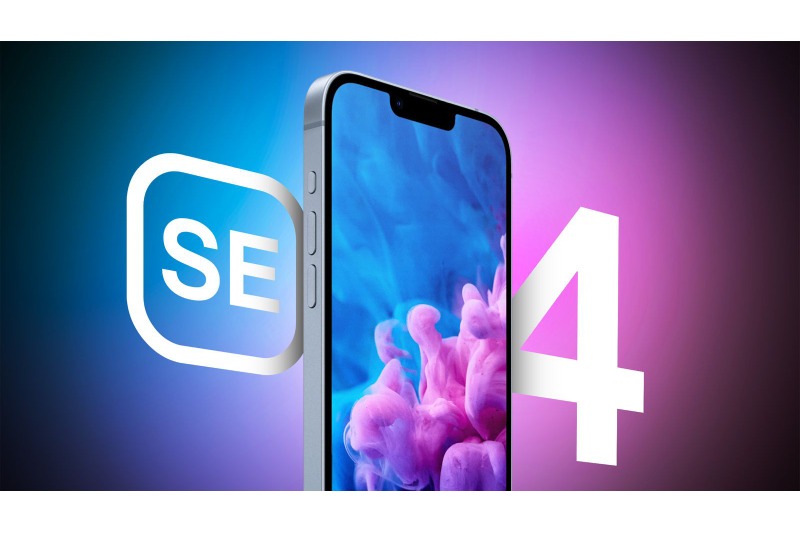Technology
WordLift Declared the Release of their AI SEO Agent

Technology
Threads uses a more sophisticated search to compete with Bluesky
Technology
Apple’s own 5G modem-equipped iPhone SE 4 is “confirmed” to launch in March
Technology
Google is said to be discontinuing the Pixel Tablet 2 and may be leaving the market once more
-

 Business4 weeks ago
Business4 weeks agoPerplexity, an AI business, adds retail capabilities as search competition gets more intense
-

 Business4 weeks ago
Business4 weeks agoProRata, an AI startup, Teams up with UK Publishers after reportedly Hitting $130 Million in Valuation
-

 Technology4 weeks ago
Technology4 weeks agoApple’s own 5G modem-equipped iPhone SE 4 is “confirmed” to launch in March
-

 Business4 weeks ago
Business4 weeks agoWiz will pay $450 million to acquire Cloud Remediation Startup Dazz
-

 Technology4 weeks ago
Technology4 weeks agoGoogle is said to be discontinuing the Pixel Tablet 2 and may be leaving the market once more
-

 Science4 weeks ago
Science4 weeks agoStarship is Chosen by Lunar Outpost to Transport the Rover to the Moon
-

 Business4 weeks ago
Business4 weeks agoFilm Bazaar Unveils an Interactive Cinema App from an Indian Tech Startup
-

 Business4 weeks ago
Business4 weeks agoAmazon Invests an additional $4 Billion in the AI Firm Anthropic














